Ancient Christian Origins: A Heterogeneous History
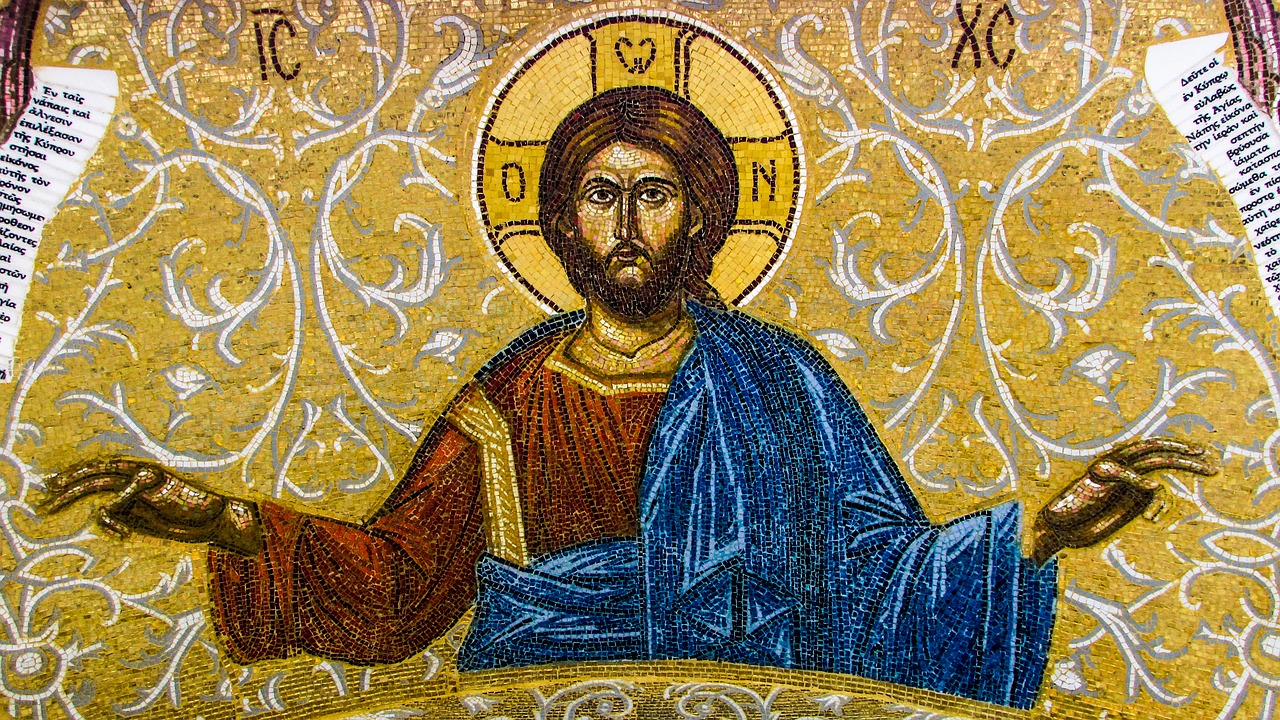
In this week’s episode, the RSP’s Sidney Castillo talks with Professor William Arnal about ancient Christian origins and the development of Christianity through New Testament sources such as the Gospel of Thomas and Q.
William Arnal
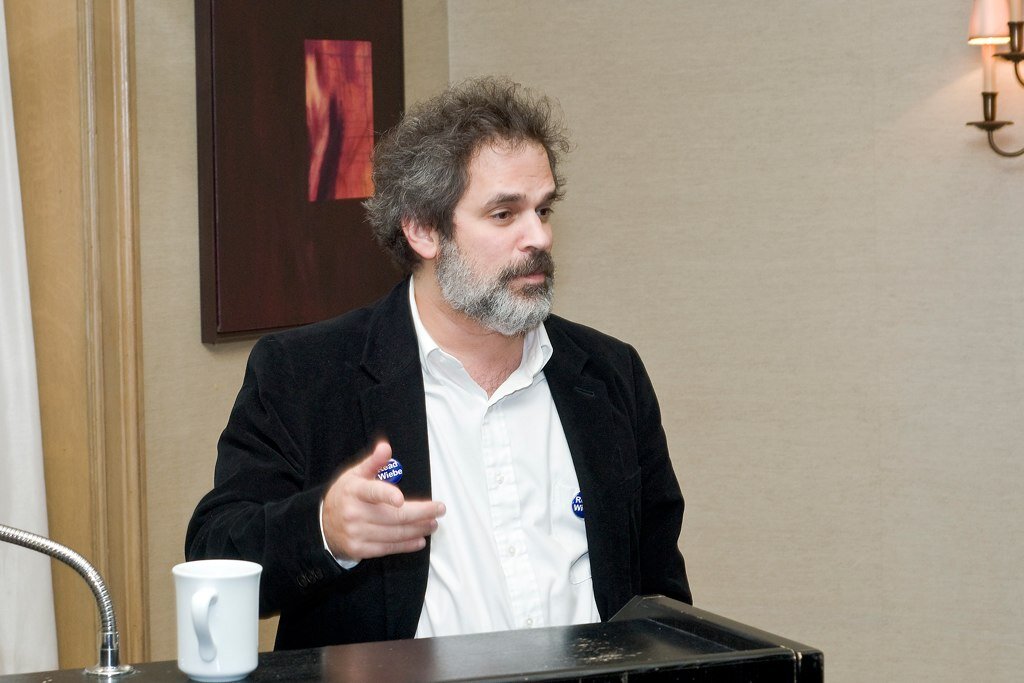
William Arnal is a Professor at the Department of Religious Studies of the University of Regina, Canada. His early research was based on a thorough examination of the sociological conditions of the Q source and the discourses that stemmed from it in the 1st and 2nd centuries CE. His research has been focused on ancient […]
Ancient Christian Origins: A Heterogeneous History [transcript]
Ancient Christian Origins: A Heterogeneous History Podcast with William Arnal (19 October 2020). Interviewed by Sidney Castillo Transcribed by Andie Alexander Audio and transcript available at: https://www.religiousstudiesproject.com/podcast/ancient-christian-origins-a-heterogeneous-history/ KEYWORDS Early Christianity, New Testament, History, Identity, Origins, Historical Jesus, Q, Gospel of Thomas Sidney Castillo (SC) 0:03 And now, we’re back again it’s a Religious Studies Project […]
Climate Change(s): New Approaches to Environmental and Agricultural Ethics
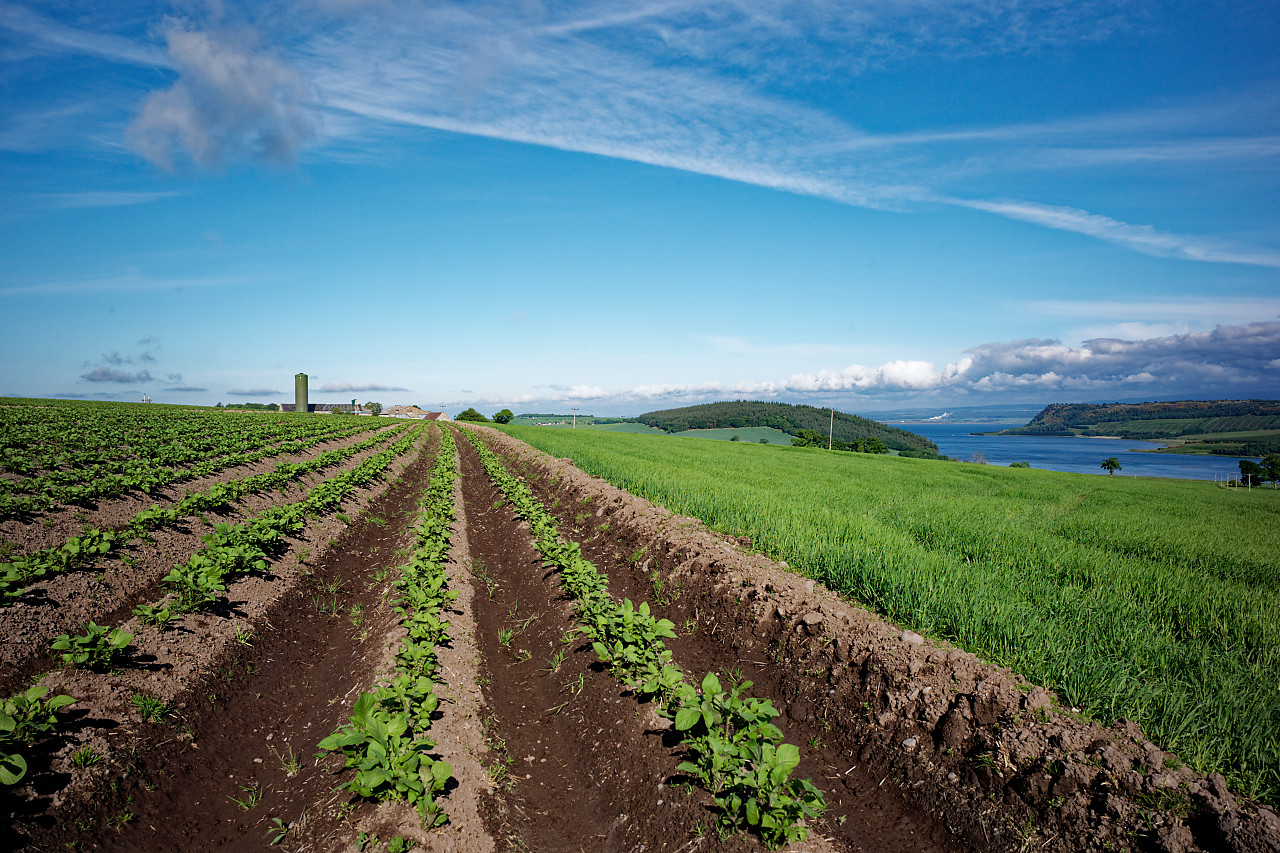
What can we learn about responding to climate change from small farms run by religious communities?
In this episode, the RSP’s Candace Mixon talks to Dr. Gretel Van Wieren about her career in environmental and agricultural ethics. Climate activism has deep religious roots, so join us for practical advice about bringing the diverse approaches of Christian, Jewish, and Muslims groups into the undergraduate religious studies classroom.
Climate Change(s): New Approaches to Environmental and Agricultural Ethics [transcript]
Climate Change(s): New Approaches to Environmental and Agricultural Ethics Podcast with Gretel Van Wieren 12 Oct. 2020. Interviewed by Candace Mixon Transcribed by Savannah H. Finver Audio and transcript available at: https://www.religiousstudiesproject.com/podcast/climate-changes-new-approaches-to-environmental-and-agricultural-ethics/ Candace Mixon (CM) 0:09 Alright listeners, I am here today with Dr. Gretel Van Wieren. She is an accomplished scholar, and she’s currently […]
Gretel Van Wieren
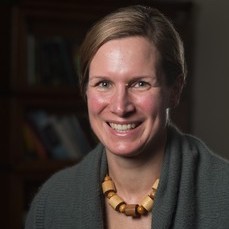
Dr. Gretel Van Wieren works within the fields of environmental ethics, religion and nature, agricultural and food ethics, as well as religion and nonprofit organizations. She is Associate Professor in Religious Studies at Michigan State University. She is the author of three books includingRestored to Earth: Christianity, Environmental Ethics, and Ecological Restoration (Georgetown University Press, […]
Religious Studies Digest – 8 October 2020

Welcome to another edition of the Religious Studies Project Opportunities Digest! In this edition, you will find two journal call for papers, one grant, three online workshop, one call for chapters, and two conference call for papers opportunities. Thank you so much to everyone who has signed up to support the RSP thus far through […]
Roots as Scripture and Scripture as Roots
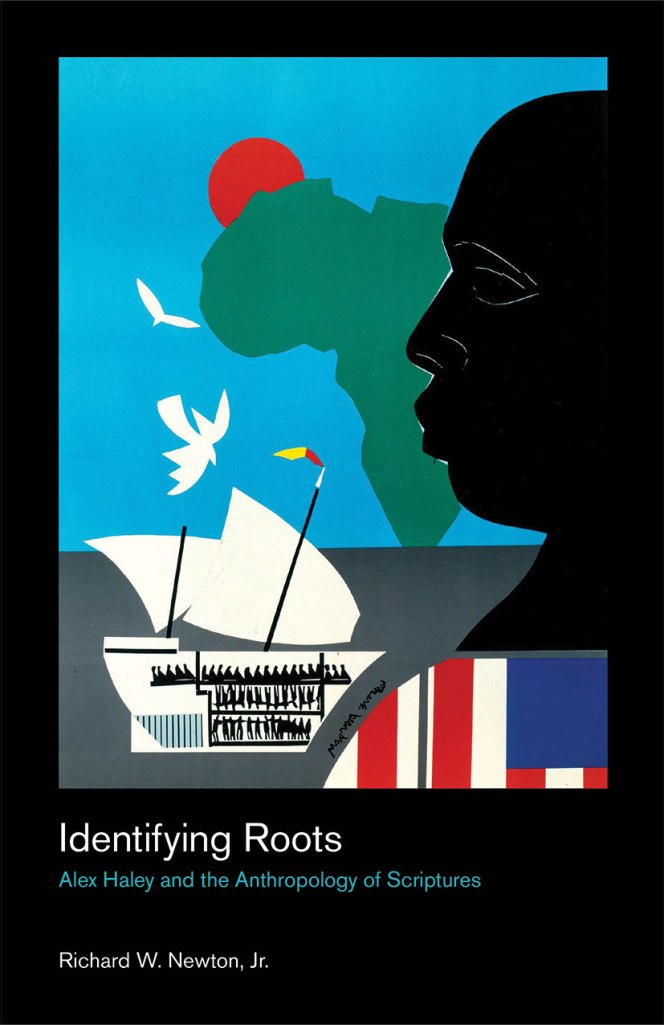
Since its release in 1976, Alex Haley’s “Roots” has been a source of inspiration for generations of Americans. For Assistant Professor Richard Newton, Haley’s novel reveals the way that scriptures play critical roles in rooting, uprooting, and routing our lives. Listen now to this fascinating discussion with Dr. Newton about his new book “Identifying Roots: Alex Haley and the Anthropology of Scriptures” with RSP Co-Host Breann Fallon.
Roots as Scripture and Scripture as Roots [transcript]
“Roots” as Scripture and Scripture as Roots Podcast with Richard Newton (5 October 2020). Interviewed by Breann Fallon Transcribed by Andie Alexander Transcript available at: https://www.religiousstudiesproject.com/podcast/roots-as-scripture-and-scripture-as-roots/ KEYWORDS Alex Haley, Roots, Scripture, Race, Identity, American history Breann Fallon (BF) 0:06 It’s Bre Fallon here, and I am joined today by Assistant Professor Richard Newton. Dr. Newton […]
Religious Studies Opportunities Digest – 29 September 2020

Welcome to another edition of the Religious Studies Project Opportunities Digest! In this edition, you will find four journal call for papers, one call for essays, five conference calls for papers, one online event, two PhD positions, one grant, and one graduate studies opportunities. Thank you so much to everyone who has signed up to […]
Religious Festivals during COVID-19 | Discourse! September 2020

How will religious festivals continue amid COVID-19 restrictions? How are religious communities around the world adapting to the pressures of 2020’s global pandemic? In this September episode of Discourse!, the RSP’s Sidney Castillo speaks with guests Maria Nita, Juan Manuel Rubio Arevalo, and Stefanie Butendieck.
Maria Nita

Maria Nita is a Lecturer in Religious Studies at the Open University. Her recent research and publications have been focused on climate activism and protest rituals, as well as theoretical approaches to understanding cultural change in the age of climate change. More broadly she is interested in the British counterculture and the cultural processes that […]
Juan Manuel Rubio Arevalo
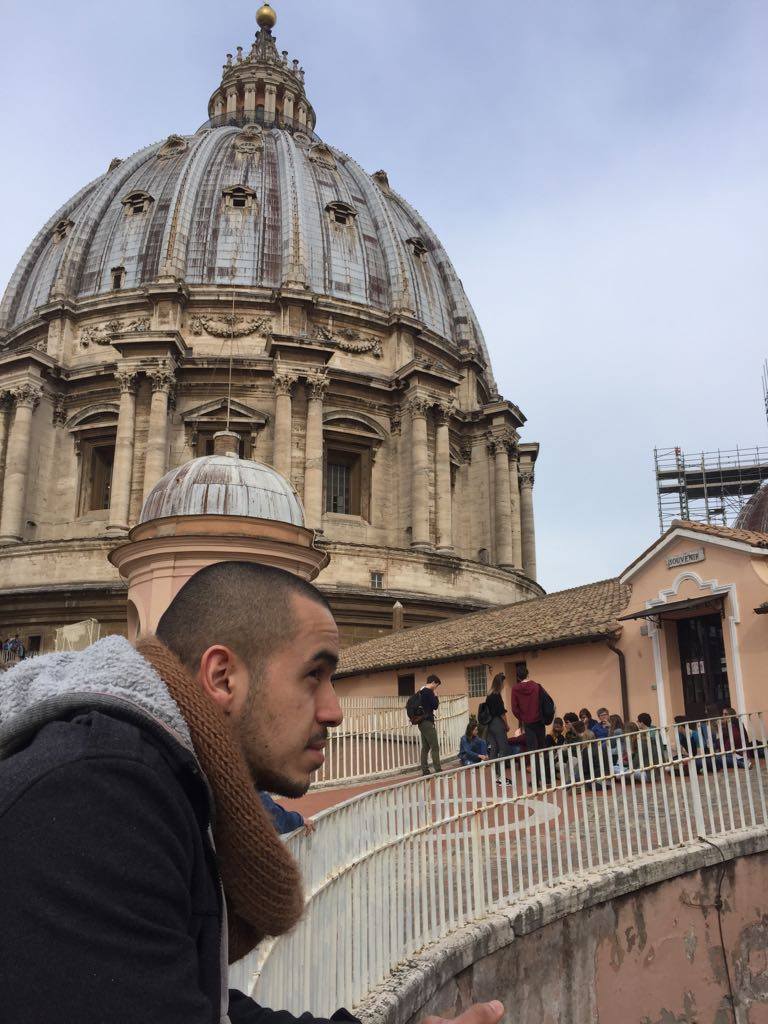
Juan Manuel Rubio Arevalo studied history at Universidad de Los Andes in Bogota, Colombia. He has a master’s degree in history from the same university and an MA in medieval studies from CEU. He is currently a PhD candidate in medieval studies at CEU and his research deals with the use of Scripture in the […]
Stefanie Butendieck
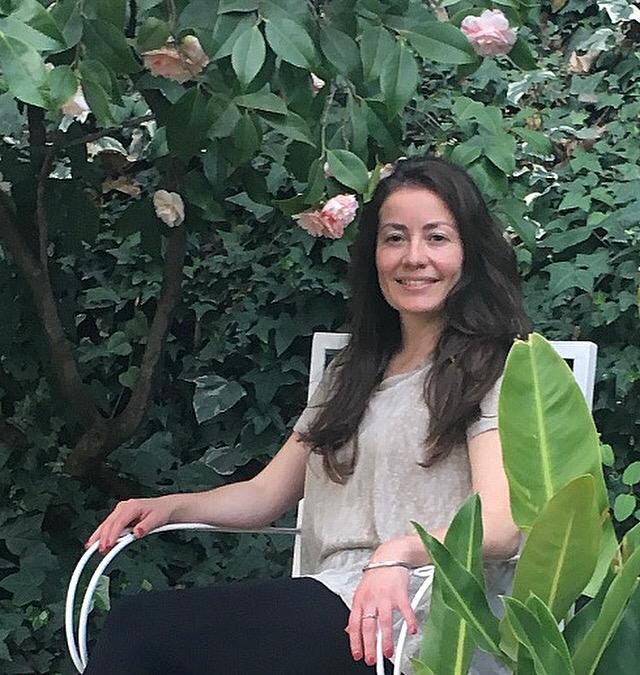
Stefanie Butendieck has academic studies in Latin American and Spanish literature, a Master’s of Art in Cultural Management by the Complutense University of Madrid and recently graduated from an MSc. in Social Anthropology, Religion in the Contemporary World at The London School of Economics and Political Science, where she is also certified in Public Policy […]
Whose fetish?
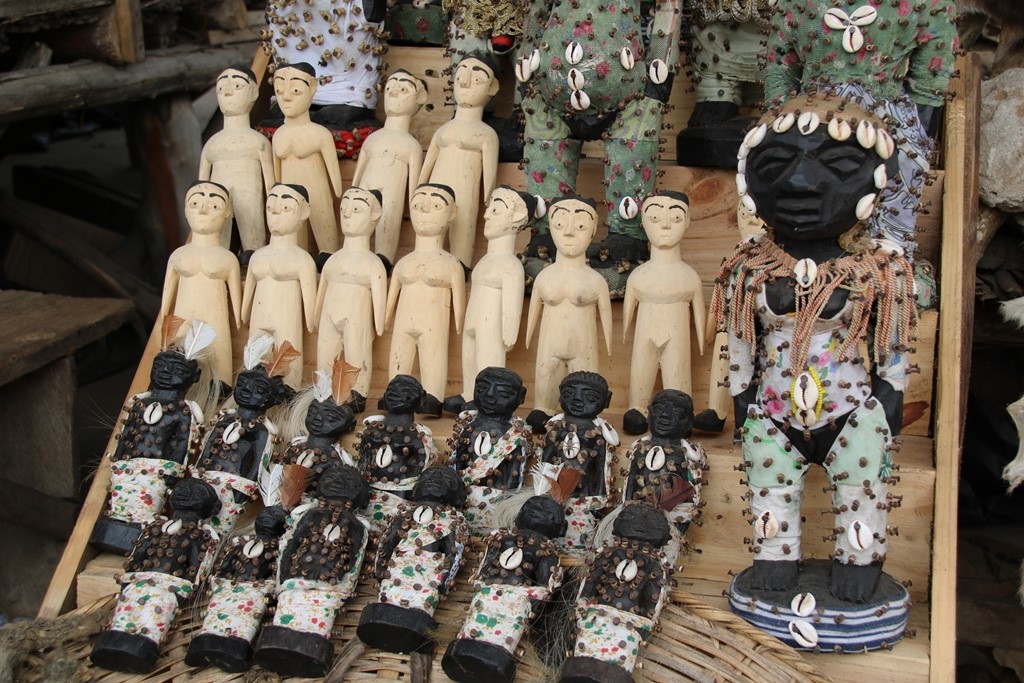
Recognizing the influence of “Christian colonialist attitudes” on scholarly discourses about the value of sacred objects means understanding how we are all implicated by our field’s ongoing use of the term “fetish.”
Echoing the lessons from Breann Fallon’s interview with Prof. J. Lorand Matory, respondent Colby Dickinson calls us to account for the ways in which “we are all hypocritical in our assigning of values to certain things and downplaying the value in other things.” This includes, he writes, the theories of fetishism by Marx and Freud to which our field seems inescapably connected.
